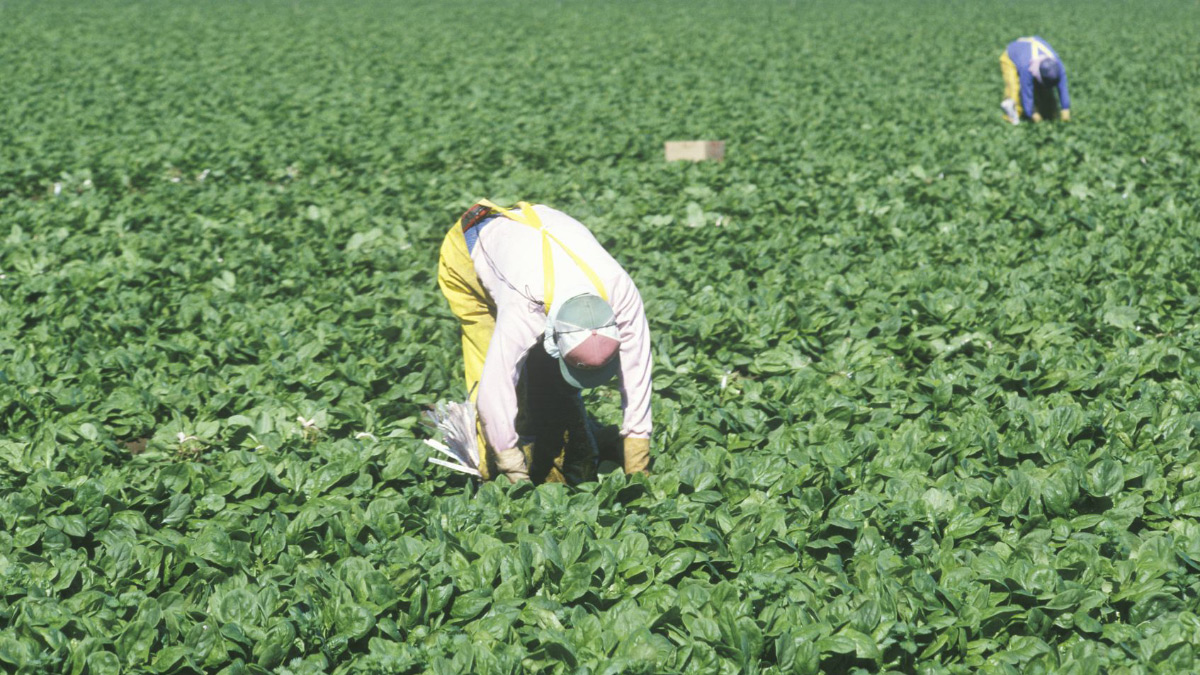While the nation looks ahead to November, a vote of great significance has already taken place in California. Workers at Gerawan Farms voted 1098 to 197 to reject the United Farm Workers (UFW) union as their representative. Beyond the five-to-one landslide, the timing was more significant.
The workers submitted their ballots a full five years ago in 2013. The state Agricultural Labor Relations Board (ALRB) refused to count the ballots, claiming it didn’t know whether the vote represented the will of the workers.
The twister history of this injustice against workers began almost 30 years ago. Back in 1990, the UFW won an election to represent workers at Gerawan Farms, one of the largest tree fruit growers in California. In 1995 the UFW made no attempt to bargain, but in 2012 the union reappeared with a Don Corleone-style offer.
If workers wanted to keep their jobs, they would have to pay the UFW. For its part, the UFW leveraged the ALRB, a body of government appointees, to impose the deal. The workers weren’t going for it and held demonstrations outside ALRB offices.
On November 5, 2013, the workers held an election to decide whether to boot the UFW as their representative. The ALRB claimed Gerawan had tried to manipulate the outcome and refused to count the workers’ ballots.
Last June, the 5th District Court of Appeal in Fresno ruled that the ALRB erred in several of its findings of unfair labor practices. The ALRB appealed and the case lingered in the courts. In the appeal ruling the UFW and ALRB wanted overturned, the court called the ALRB “heavy-handed” and “secretive” and ruled that “it must not trespass upon the domains set apart for free speech and free assembly.”
The court cited the workers’ “fundamental right to choose via secret ballot election.” But the court found that the ALRB “virtually ignores that right.” On September 12, the state Supreme Court denied the request to overturn that ruling.
On September 18, the ALRB finally counted the ballots, a landslide blow-out for the workers against the UFW. Workers now await the ALRB’s reconsideration of the vote, but by now some realities are clear.
Governor Jerry Brown created the ALRB in 1975 to “ensure peace in the fields of California by guaranteeing justice for all agricultural workers.” With the Gerawan workers, the unelected appointees of the ALRB have acted as enforcers for UFW bosses. Back in the day, supposedly saintly UFW icons Cesar Chavez and Dolores Huerta derided migrant workers as “webacks” and” illegals” and deployed UFW goons against them.
From 50,000 in the late 1970s, the UFW is now down to only 8,274 members. According to the federal Bureau of Labor Statistics, a full 84.5 percent of California workers, the vast majority, are not union members. Unions represent only 15.5 percent of California workers, a small minority.
Workers may have noted that California gets along fine without a Technology Labor Relations Board or Mechanical Labor Relations Board. Californians might doubt the need for any government board that sides with union bosses, refuses to count workers’ ballots, and fails to respect workers’ choices.
Many independent organizations could oversee future elections at little or no cost to taxpayers. By eliminating a wasteful, anti-worker government agency, California could set an example for the nation. As the workers say, “sí, se puede.”








